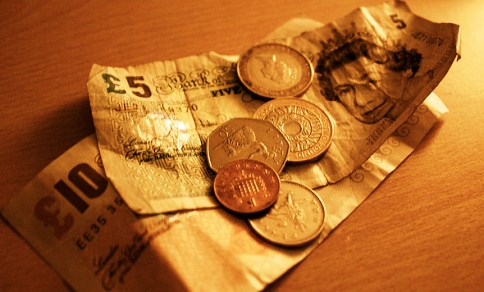
In the wake of the pandemic and cost-of-living crisis, saving is on the minds of many in the UK.
While there is no doubt that putting money aside is a wise choice, people delay doing so because they believe they earn too little or have too many expenses.
Research shows that nine million people across the country have no savings and one in six adults have less than £100.
If this sounds like no, know that there is no better to start than the present and it’s possible to accumulate robust savings regardless of your wage and outgoings.
Here are some simple things you should consider when you’re starting to save:
Make a plan
The very first step is to make a financial plan to help guide your saving throughout the years.
It should include a detailed overture of your expenditure and your long-term goals, whether that is buying a home, getting married, or purchasing a car.
With this in mind, you can then work on how much you will need to save per month or year to get you where you need to be.
From here you can track your spending by monitoring all incomings and outgoings.
This means you can set up a budget that suits your lifestyle while allowing you to save comfortably.
Pay off your debts
If you’ve taken out a personal loan, credit card, or mortgage, you’re likely being charged interest which can affect how much you can save each month.
Your best bet is to work towards paying off your debts as you’re likely to earn more interest on savings than borrowings.
If you have decided to start saving to buy a house, you could consider boosting your credit score in this case, so that you have a more favourable credit score when the time comes to apply for a mortgage.
Making regular, on-time payments towards clearing your debt is a good way to do this.
Record your expenses
Keeping an eye on your expenses is one of the main ways to improve your savings.
Identifying areas where you may be overspending and eliminating unnecessary costs will improve your financial position massively.
You can then implement cost-saving strategies like installing smart meters to cut fuel costs or having a smarter food shop.
Prioritise
It’s important to prioritise your savings for the financial goals that are most important to you.
Whether this is saving up for a retirement or emergency fund or investing to build your wealth for the future, you need to establish your financial priorities.
Don’t be hard on yourself
Saving is an ongoing process so don’t be hard on yourself if you’re not making progress as quickly as you thought.
There will be months when your expenses will not allow you to save much or anything at all.
(licence free pic by Ben Dodson)

















Recent Comments